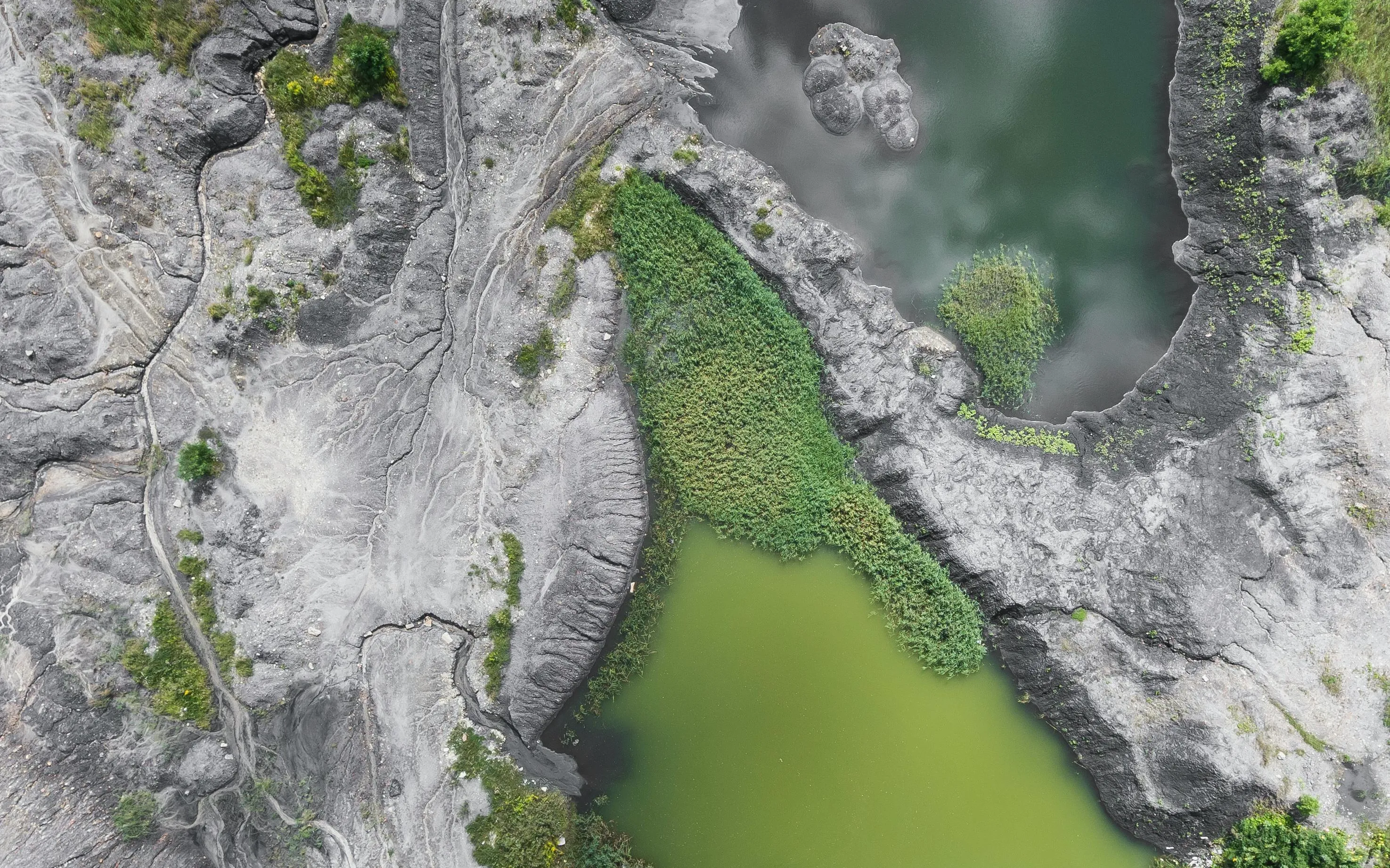
What is happening with water? Short answer: Many things. Are we facing a major crisis? Short answer: Yes. Is there a solution? Short answer: Yes.
Greenpeace has been warning for years that water management in Spain must change because it is the only way to address the alarming crisis it faces. The country has exceeded the sustainable threshold of water consumption, making it one of the most affected by water stress in Europe, along with Greece. Currently, 75% of the Spanish territory is at risk of desertification and nearly 12 million people have suffered restrictions on water use by 2024. This critical situation is the result of the combination of water scarcity, pollution and poor management of water resources.
Drought has become a structural problem in Spain, aggravated by climate change and unsustainable agricultural practices. The lack of water is not only due to natural scarcity, but also to the overexploitation of aquifers and pollution generated by livestock and industrial agriculture. Reliance on temporary solutions such as desalination plants does not address the root of the problem, so water management must focus on sustainability and the conservation of aquatic ecosystems.
Greenpeace has denounced the lack of control over more than one million illegal wells in the country, which extract water in an unsustainable manner, compromising water reserves for the future. Water pollution, especially by nitrates from industrial livestock farming, greatly worsens the situation, as it affects both water quality and the health of ecosystems. The environmental organization demands urgent measures to reverse this trend, including the regulation of intensive and industrial agriculture and the improvement of purification systems.
Limited access to water affects millions of people in Spain, posing a significant risk to public health and food production. The lack of quality water not only impacts communities, but also threatens biodiversity and ecological balance. Greenpeace urges authorities to implement policies that prioritise sustainable water use and the protection of water resources, thereby ensuring equitable access for all.
The situation is further complicated by climate change projections, which indicate an increase in the frequency and intensity of droughts and floods. Current water policies are inadequate and must be revised to adapt to an uncertain future. It is crucial that innovative and sustainable approaches to water management are adopted, including the conservation of ecosystems and the promotion of environmentally friendly agricultural practices.
Greenpeace calls on citizens to become aware of the importance of water and demand effective action from governments to address this crisis. Education and active participation are essential to drive change in water management in Spain. Without collective commitment, the future of water in the country will be compromised, putting at risk not only the health and well-being of people, but also the survival of the ecosystems that depend on this vital resource.



Add new comment